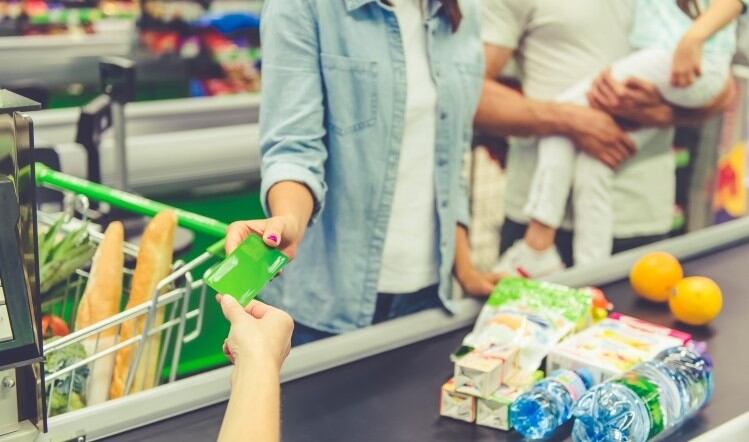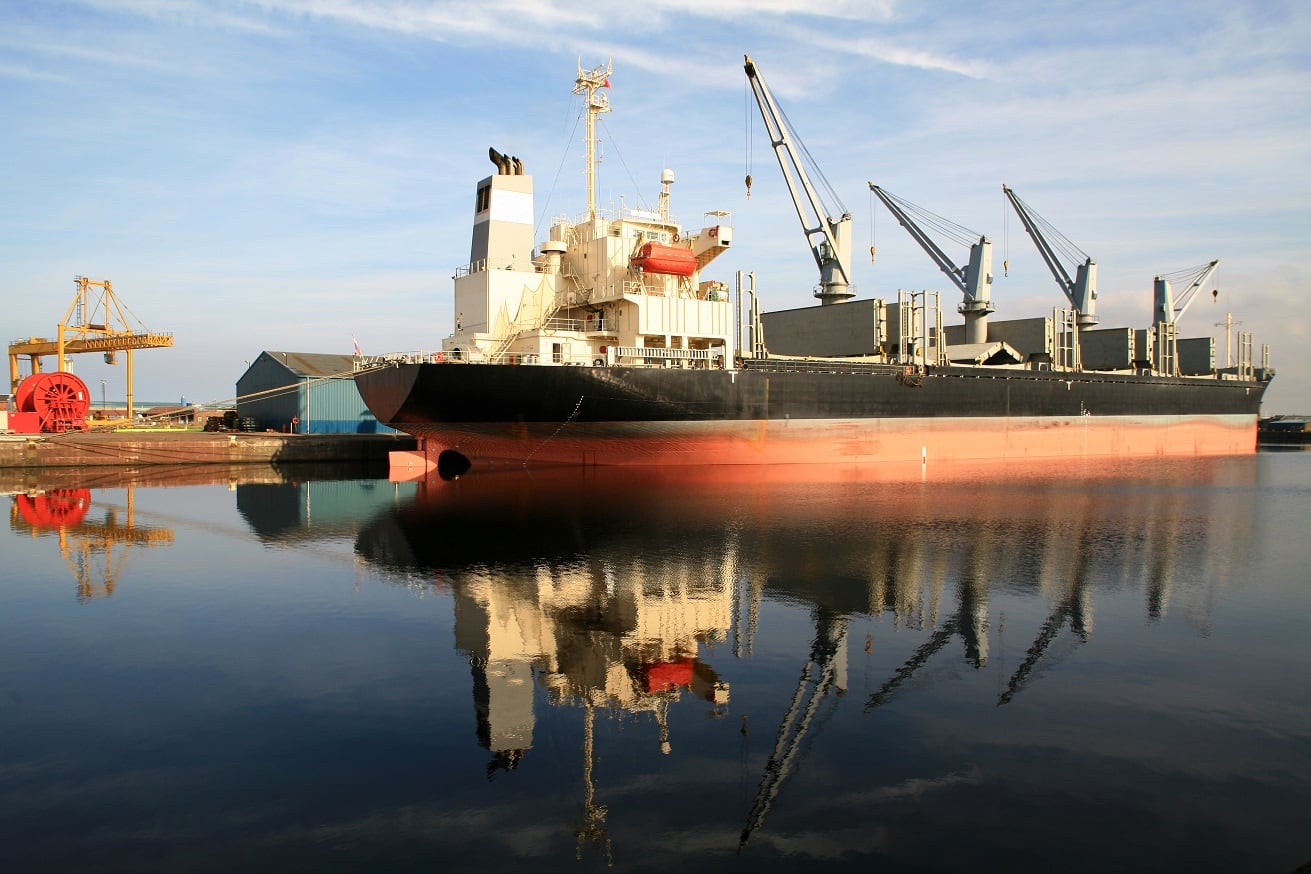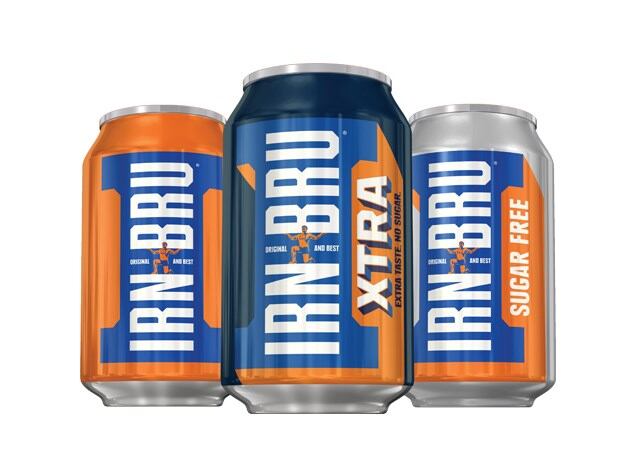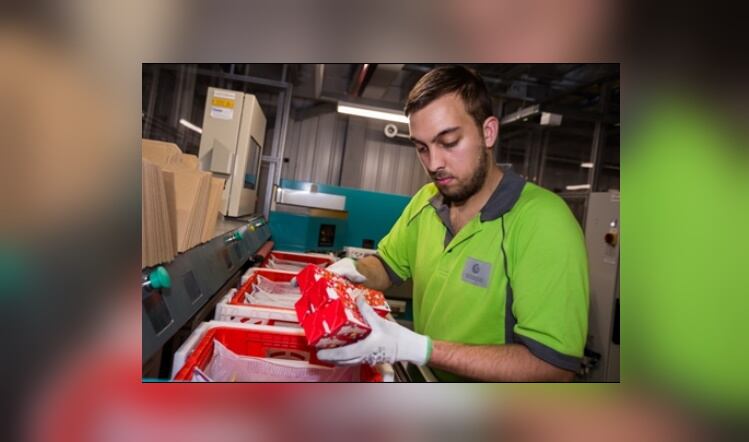The two companies’ full-year (FY) 2020 results revealed the financial impact of the COVID-19 outbreak, which saw food and drink mitigating the decline in sales across other parts of their businesses.
Analysts at Shore Capital forecast current pre-tax profit for M&S – whose results are set to be published later this month – of £408m, down from a pre-lockdown consensus of £450m.
Commenting on the results, an M&S spokesman said the retailer had benefitted from the wave of stockpiling experienced across the sector in the wake of the UK’s lockdown. However, the retailer’s heavy bias toward chilled and fresh produce meant it wasn’t seeing the same returns as other players on the market.
Food sales in the months ahead
“The significant shift to eating in home should however continue to benefit sales in the months ahead,” the spokesman added.
“M&S benefits from having a strong food business and the transition to Ocado supply is on track to proceed in September to form a multi-channel food operation. However, food trading has been adversely affected by lockdown due to the closure of cafes and slowdown in travel and some city centre locations.”
Clive Black, head analyst at Shore Capital said: “Thankfully M&S had in place and was expediting its broad transformation programme, prior to coronavirus. Much has been done and this time provides the scope to press on.
“Whilst challenging times, we expect M&S to emerge fitter for purpose in-store and online, in a dramatically adjusting British retail scene.”
J Sainsbury reported more favourable figures in its FY2020 results, reporting a 26% rise in profit before tax to £255m, offset somewhat by higher tax charges in the reported period – post-tax profit was down from £186m to £152m.
Limited damage
Despite the negative impact of the coronavirus on its sales, the retailer was thankful that its emergence came at the end of the reported period, limiting the damage to its financials.
Shore Capital noted that the outbreak, along with present economic conditions, would serve as a catalyst to accelerate positive change for Sainsbury.
Black added: “The coronavirus crisis has brought with it a remarkable change in shopper behaviour in such a short period of time, some of which, it should be said, can be expected to stick to some degree in the post-lockdown times ahead.
“Indeed, it could be argued that the crisis will serve to be an agent for structural change around the configuration of the high street and the balance between online and offline retailing.”
Both retailers have decided against declaring a final dividend payment for FY2020.
Meanwhile, Premier Foods has delivered a “triple whammy” of positive results on the back of its latest update, according to Shore Capital head of research Clive Black.





